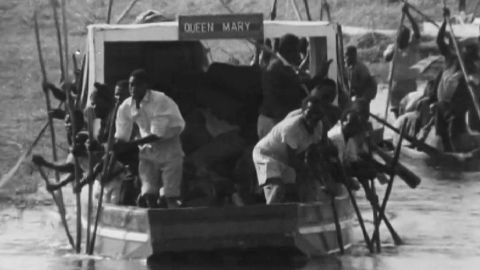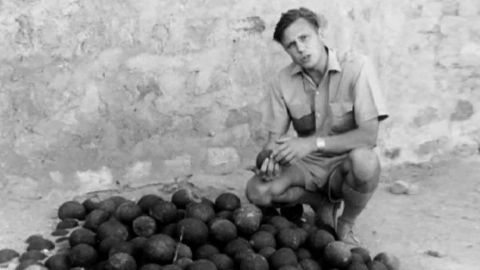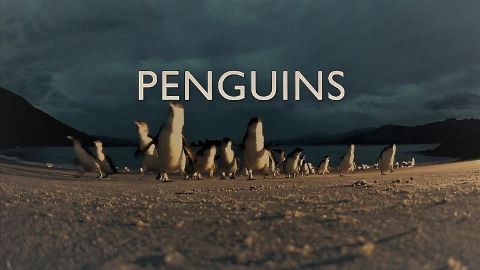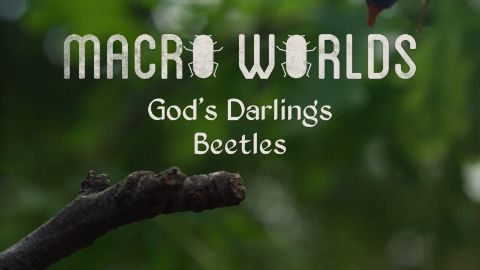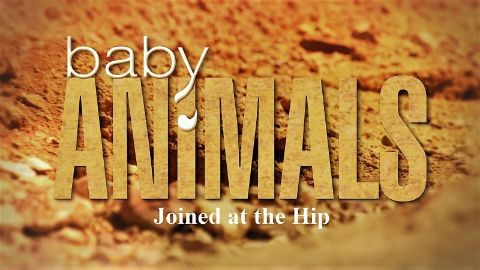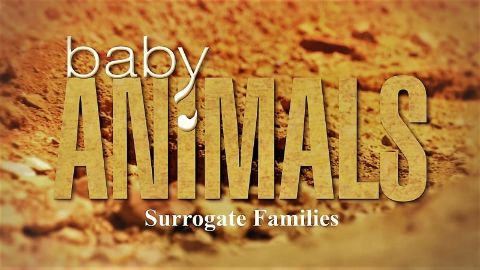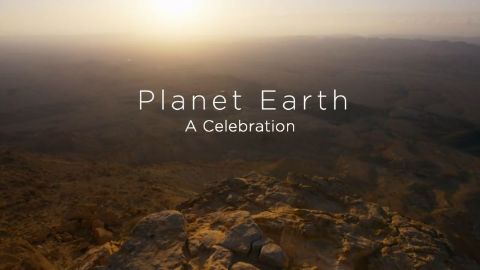Livingstone's River • 1965 • episode "S1E3" • Zambezi
First transmitted in 1965, David Attenborough retraces the steps of the famous Scottish explorer Dr David Livingstone in the final part of his African adventure.David Attenborough starts his journey in Sesheke, on the northern bank of the Zambezi river in the Western Province of Zambia. Retracing Livingstone’s Zambezi expedition takes him from Sesheke to Victoria Falls, named by Livingstone in honour of Queen Victoria, through to Zumbo and Tete in Mozambique.Using extracts from Dr Livingstone’s journal David Attenborough revisits African traditions and ceremonies that shocked Livingstone at the time, such as a masked dance featuring the Makishi devil.
Make a donation
Buy a brother a hot coffee? Or a cold beer?
Hope you're finding these documentaries fascinating and eye-opening. It's just me, working hard behind the scenes to bring you this enriching content.
Running and maintaining a website like this takes time and resources. That's why I'm reaching out to you. If you appreciate what I do and would like to support my efforts, would you consider "buying me a coffee"?
Donation addresses
BTC: bc1q8ldskxh4x9qnddhcrgcun8rtvddeldm2a07r2v
ETH: 0x5CCAAA1afc5c5D814129d99277dDb5A979672116
With your donation through , you can show your appreciation and help me keep this project going. Every contribution, no matter how small, makes a significant impact. It goes directly towards covering server costs.
